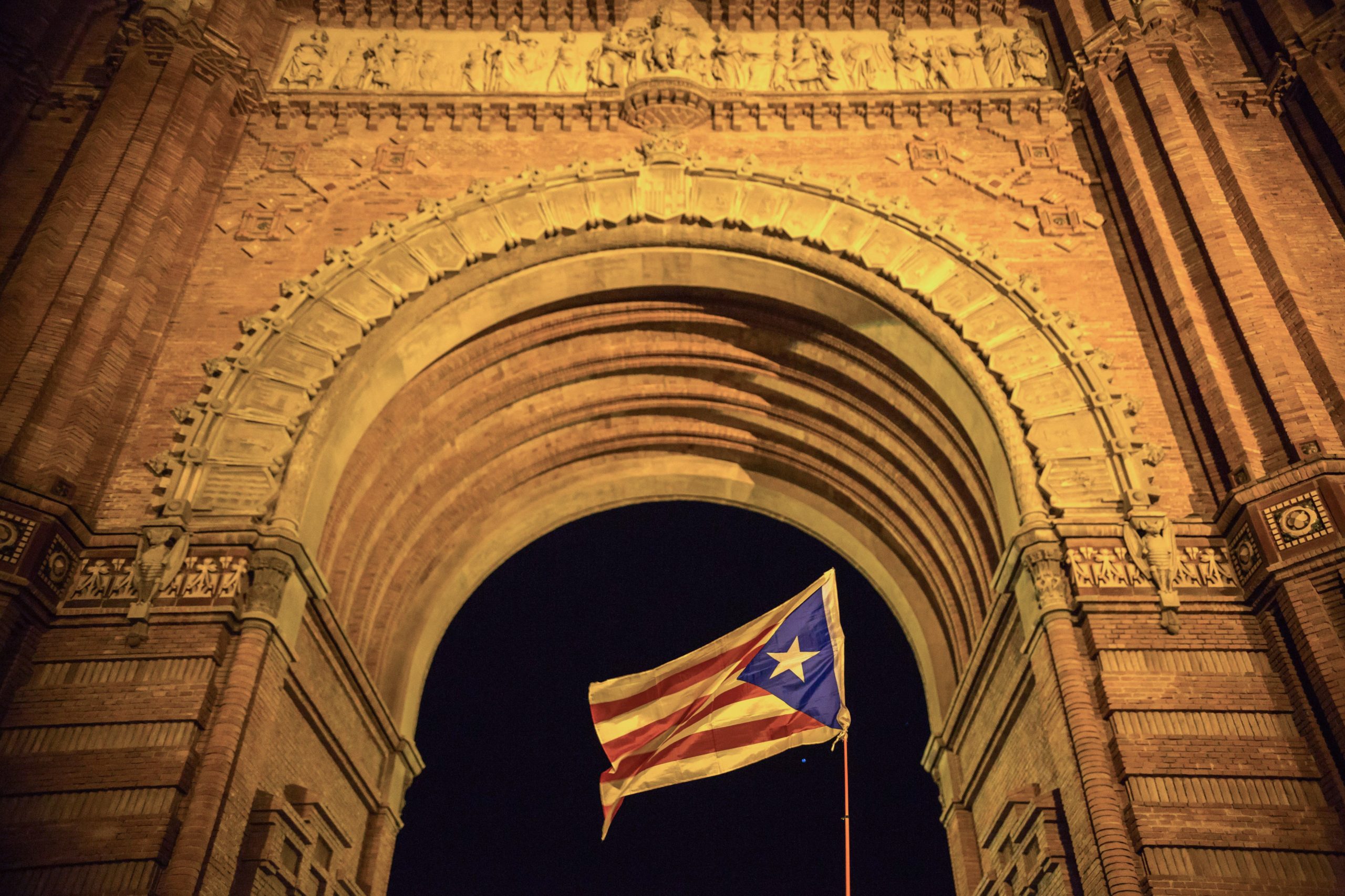
Despite being overshadowed by the Covid-19 pandemic, the result of the 4 February regional election in Catalonia proved that the independence issue still dominates debate in the Spanish province.
Catalan pro-independence parties took more than 50 per cent of the vote for the first time, winning 74 of the 135 seats in the regional parliament, an increase of four seats from the 2017 election. The far-right party Vox also broke through to win its first seats in the region.



